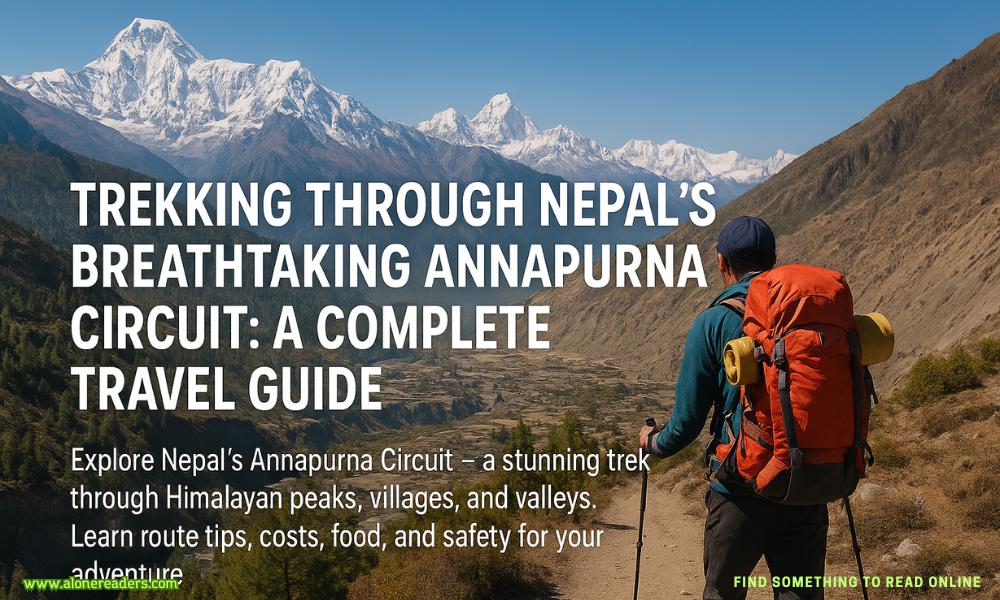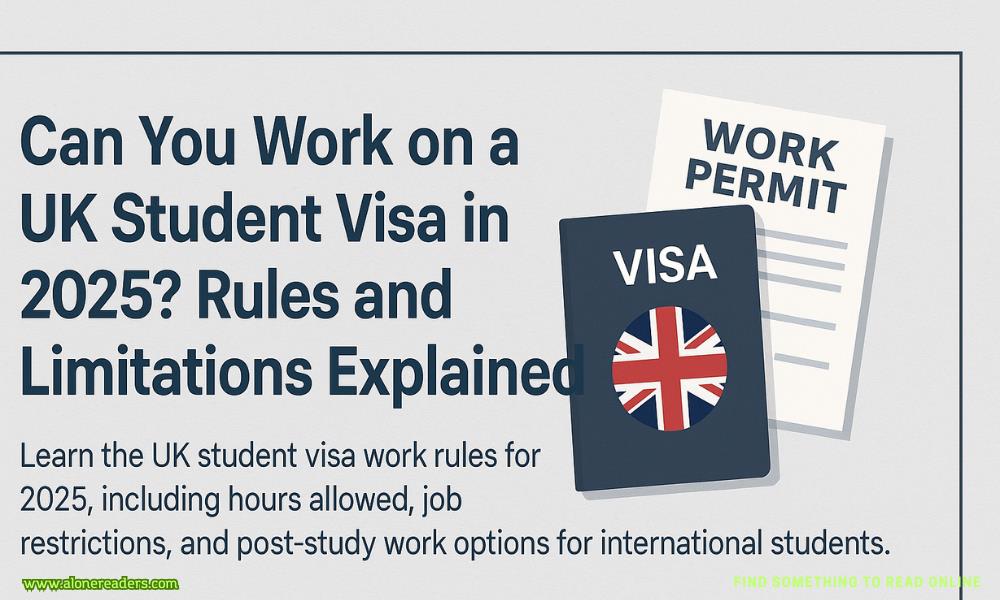Page 37 of Broken Country
I talk to my sleeping infant as we parade around the land, which is his land, I tell him.
“One day, Bobby, you’ll be doing this with your son or daughter.”
There are so many species of birds here and David seems to know them all. On warm evenings he’ll walk out with us, his fields changing color in the dusk light, a shimmering purple, a deep blue. He teaches me how to recognize lapwings and yellowhammers and chaffinches by sight and by song. Nothing is too small to go unremarked upon. Butterflies are named—marbled white, skipper, meadow brown—and a scurrying vole makes him gaze upward for the predator he always finds. A sudden rustle alerts him tohedgehogs, perfectly camouflaged in nondescript brown, as they hunt for beetles and slugs. When we stumble upon a litter of tumbling fox cubs, David grows still and I do the same. In silence we watch them play while, close by, their mother hunts for food. It feels like a gift catching this.
Through David’s eyes, Blakely Farm is coming alive for me.
Before Bobby is a year old, David starts taking him around the farm on his tractor.
“You will be careful?” I say, but David just laughs, driving away with the baby wedged between his knees.
He drives with one arm on the steering wheel, the other draped casually around his grandson. I am glad of the time alone but I never relax until they return to the yard an hour or so later, both beaming.
“You don’t need to worry,” Frank says, when I tell him of my fears at night, the two of us facing each other in the darkness. “My dad is a safe pair of hands. He grew up on this farm. He would never let anything happen to Bobby.”
Look what happened to your mother, I think, although I would never say so. Her accident, being kicked in the head while she was milking, came out of the blue and couldn’t have been avoided. A stark reminder, if ever there was one, that you could never be too careful on the farm.
Despite my misgivings, I adore the way Bobby is growing up with his grandfather. Before long he’ll be shooting and skinning rabbits himself, he’ll fish for pike and carp, he will learn to birth a lamb, he will be able to name every bird and insect on this two-hundred-acre farm; all the wisdom that has been passed through the Johnson men over generations will be his. It is his right. And I want that for him.
1968
In my favorite photograph, Bobby is sitting cross-legged on the kitchen floor, bottle-feeding an orphan lamb. I’ve looked at it so often it has become incarnate to me now—this is the Bobby I see whenever his name is mentioned, even though I knew him at six, seven, eight, and nine. I used to keep it loose and uncovered in my handbag, transferring it to coat pockets sometimes, until the photograph began to look creased and worn. Frank bought me a little leather holder for it and now the photograph resides permanently in the macramé bag I take everywhere.
It’s an unwieldy thing, this bag, crammed with treats for Hero, a library book I have waited months for—A Wizard of Earthseaby Ursula K. Le Guin—a clutch of shopping receipts, binoculars, a half-eaten packet of Marie biscuits, and a pair of Leo’s balled-up socks from when he walked home barefoot through the long grass.
“You know you could probably just about squeeze the kitchen sink in,” Frank says, surveying the detritus laid out on the floor.
I take the bag into the courtyard and shake it out, getting rid of every crumb. The photo is missing. I cry out in dismay.
“What’s happened?” Frank is beside me in a moment.
At first, I’m too distressed to answer. I’m turning the bag inside out again, retrieving my book and flicking through the pages, looking, looking.
“The photo. It’s gone.”
“It can’t have.”
Frank takes me into his arms but I’m too tense to return the embrace. I hear the note of anguish in his voice as he tries to reassure me. We didn’t take enough photos of Bobby, we didn’t understand photos would be the only thing we’d have left.
“Let’s be methodical about this. Can you remember the last time you saw it?”
I’m embarrassed to tell Frank the truth. I look at it every day. At Meadowlands, whenever Gabriel and Leo are out of the room. When I’m cooking supper. Or filling the bath or hanging out the washing. I see it and, also, I don’t. The photo is a kind of talisman, my reminder that Bobby existed.
“Yesterday.”
“Then we’ll be able to find it. I’ll look upstairs.”
The doorbell rings while I’m in the middle of emptying a drawer of the dresser, a pointless exercise because not once have I ever kept the photograph in there.
Gabriel and Leo are on the doorstep. My mind is fraught, it’s only with effort I manage to be civil. “Hello,” I say. “Would you like to come in?”
Gabriel shakes his head as I had known he would. After Jimmy’s outburst in the pub, I tried to reassure Gabriel it meant nothing, just a bit of silly drunkenness, that was all, but I don’t think he believes me. The line I walk, going between my home and his, grows ever thinner, it seems to me.
“Leo has something to tell you.”
“Uh-oh. That sounds ominous.” I look at Leo to encourage him but he slides his eyes away, refusing to meet my gaze. “It can’t be that bad. Come on, the suspense is killing me.”
The two of them look so serious, Gabriel with an expression I can’t quite read. I think he might be angry.
- Sold to the Mogul by Cassi Hart
- Wanting What's Wrong by Dani Wyatt
- Soft Rebound by Fiona Embers
- My Best Friend's Silver Fox Daddy by Lena Little
- Cuckoo by Nikki Landis
- Cooper by Shannon McFadden
- Saige by Shannon McFadden
- Ghost by Ann Silver
- Law Man by Natasha Sterling
- Birthright by Natalia Lourose
- Climbing Everest by Raelynn Rose
- The Bully's Obsession by Angela Shyna
- Stranded by Shona Knight
- Felix by Cassandra Doon
- Cinder & Secrets by Melissa Toppen
- Fated To The Wolf by B.A. Stretke







